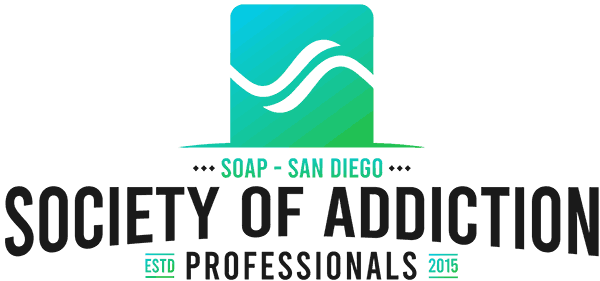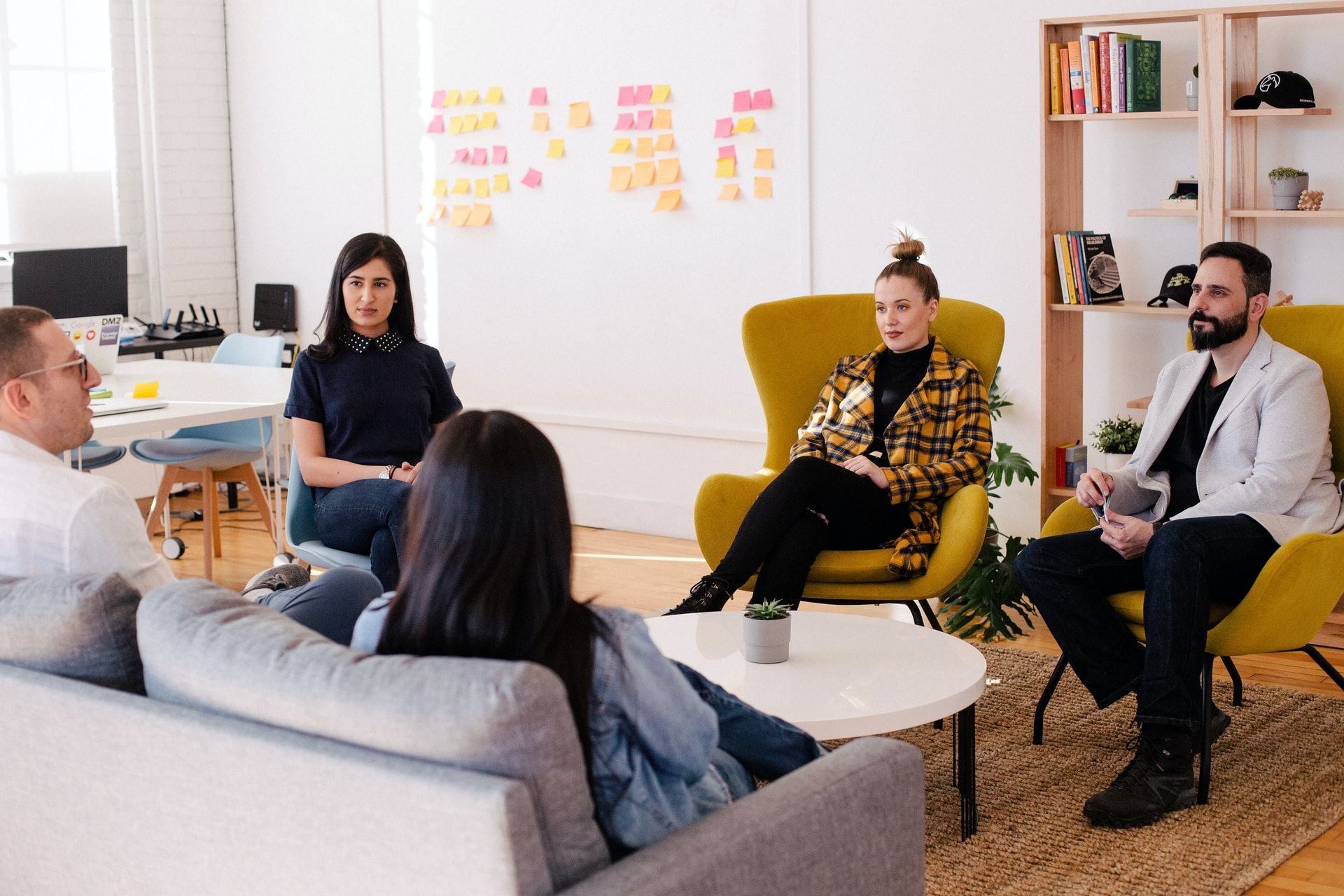Everyone in recovery learns to cope with new feelings and replace negative behaviors. Learning new cognitive skills is vital for “growing up” in recovery. When a person gets high or drunk, their cognitive skills are usually not up to their potential. Breaking the law and taking dangerous risks are part of the lifestyle caused by substance use disorder. As a person gets sober, their brain begins to work harder. It may take a while to get used to processing new emotions and challenging situations when a person gets sober. Working on a person’s cognitive skills – helping them change their thinking and reactions – can help them achieve lasting sobriety.
Better Decisions in Recovery Through Therapy
Making better decisions is a part of recovery. Daily, a person decides to get up out of bed and stay sober. One decision a person in recovery makes every day is remaining sober. However, everyone makes little decisions throughout the day, from getting out of bed to deciding when and what to eat. Making those more minor decisions daily can help build confidence.
Decision-making skills are often taught in Cognitive Behavioral Therapy. A therapist works with clients to help them understand their feelings and how their worldview contributes to their self-defeating behaviors. Problematic thoughts and feelings help feed addiction, but responding to them and replacing reactions with healthier behaviors can help a person build a strong foundation in recovery. Through this, the client understands themselves more and learns new coping skills to help them live a more healthy and fulfilling life.
Other Cognitive Skillbuilding In Therapy
Other types of therapy, such as role-playing, can help a person overcome challenges. Group therapy can help people discuss things and get perspective from their peers. All kinds of therapy can help play a vital role for a person who is in recovery. Staying open-minded helps a person give themselves a chance at long-term sobriety.
Learn More About SD SOAP
Want to network with people who work in addiction medicine, make friends, and create new, important contact.? Check out our calendar to learn more about upcoming talks and free online meetings.

